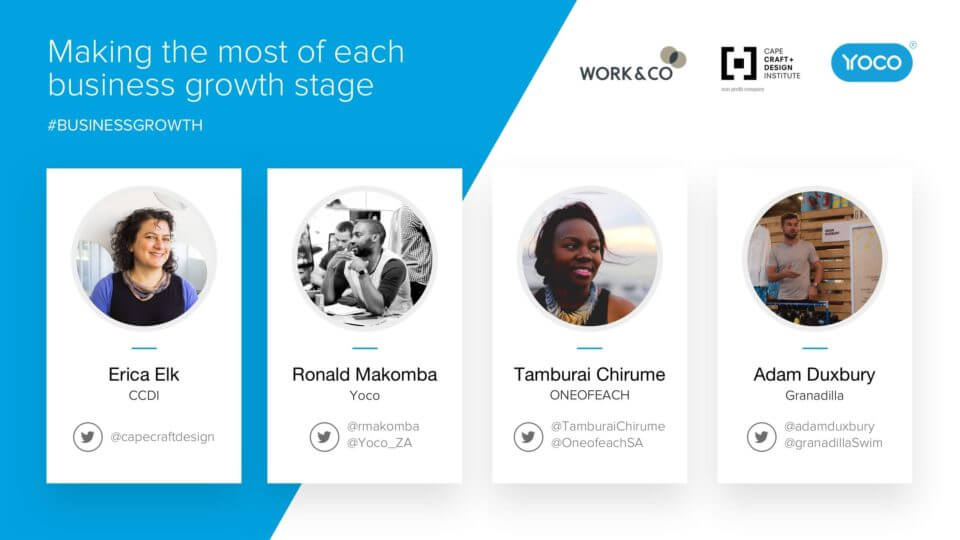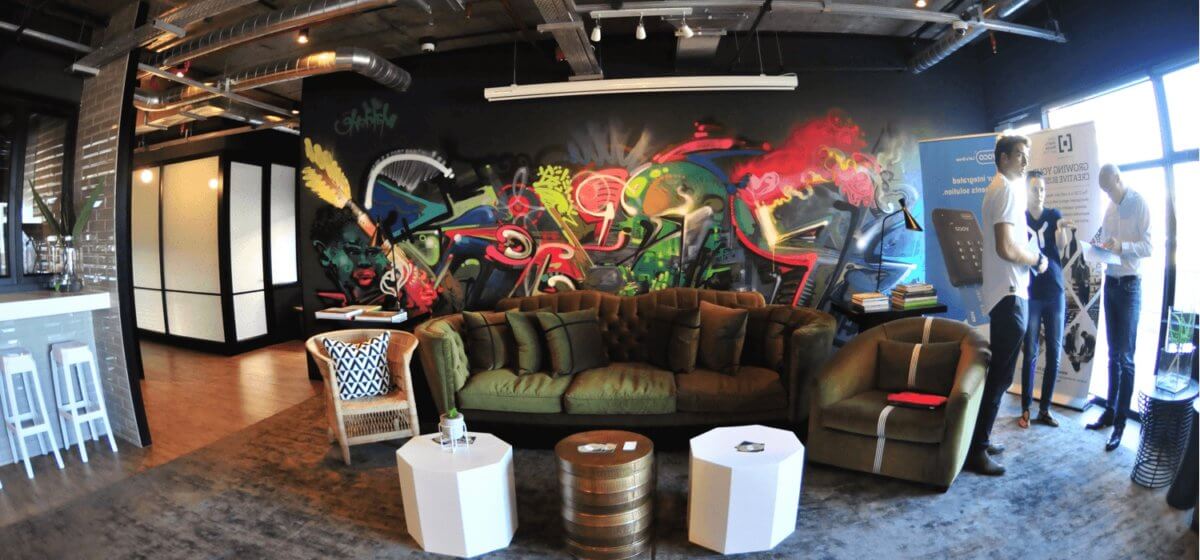The challenge is in the doing. In a room filled with fellow entrepreneurs, four remarkable business owners took the stage to discuss the challenges of business growth.
Here are the highlights and top learnings from the talks.
“An entrepreneur is someone who has a vision for something and a want to create something.” - David Karp
David Karp, entrepreneur
Erica Elk: Executive director of the Cape Craft Design Institute
Erica shared six key lessons to keep in mind when you’re just starting out.
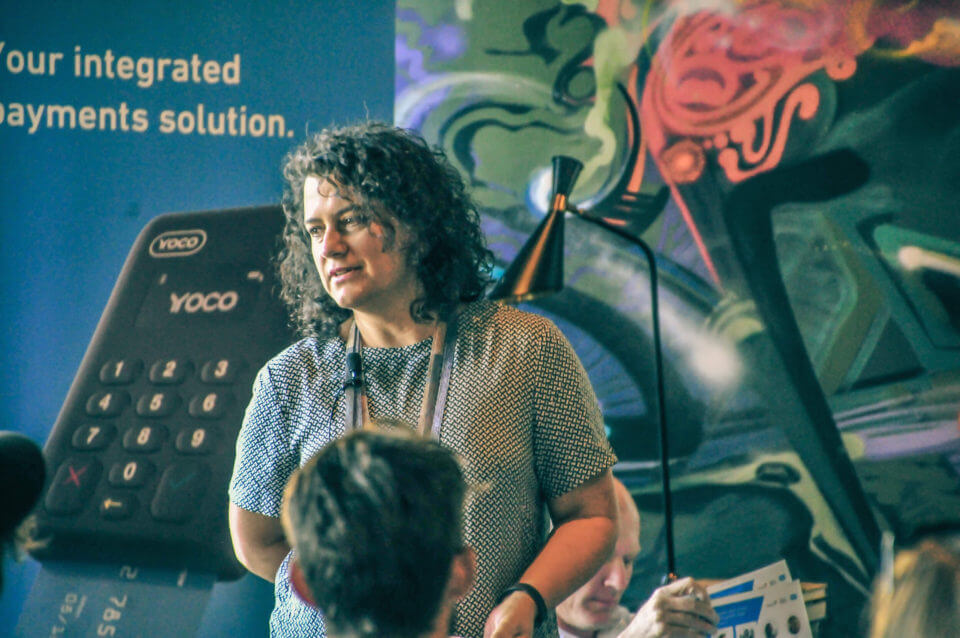
- First things first – whatever industry you’re in it’s important to run an enterprise that is responsive, addresses a need and is adaptable.
- Running a business is usually a lifelong journey. Don’t get caught with the idea that eventually you’ll get to a point where you can sit and put your feet up once you’ve ‘made it’. If you do, you’ll always be beating yourself up thinking “when am I going to get there?” Life becomes a lot easier when you switch your thinking and enjoy the process (your journey) rather than focusing on the end goal.
- Don’t start a business just for the money. It has to be about something more meaningful, something that you are truly passionate about.
- Keep your feet on the ground. Don’t be seduced by your success. It’s essential to keep a clear head about what you’re doing well and what you need to improve upon.
- Be willing to fail, as long as you learn from it. Things will go wrong but there’s always a kernel of truth in every failure that will help you move forward.
- Finally, before you start a business buy lots of hair dye and make sure you bring your sense of humour along for the ride.
Ronald Makomba: VP of Commercial at Yoco
Ronald spoke about how to use technology to help streamline your business and set it up for the growth phase.
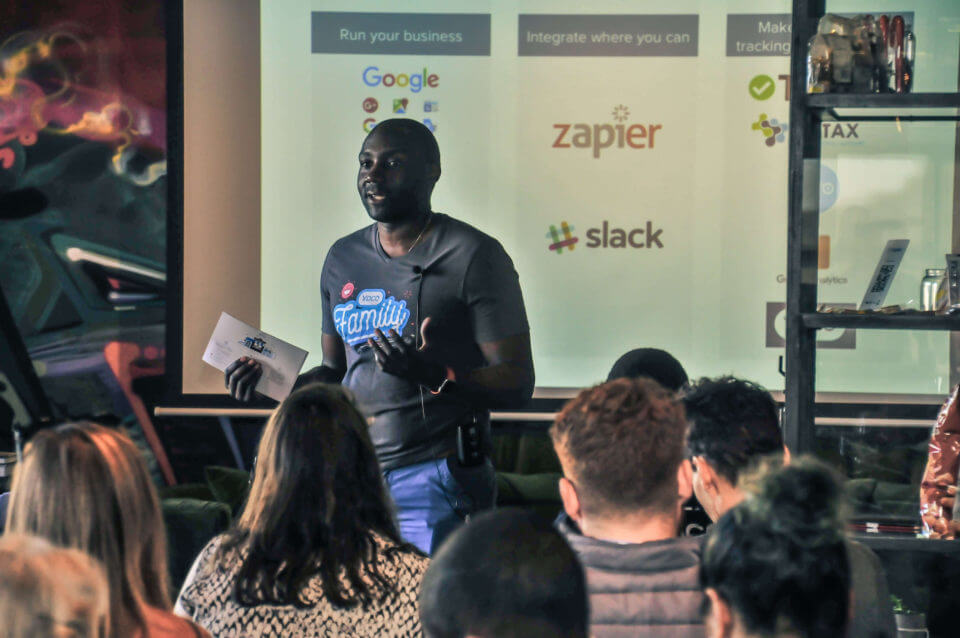
You need to know your customers, and you need to know what’s happening in your business on a daily basis. It’s easy when you only have five customers, but things start to change when you have 100 customers. And they change fast. To stay on top of matters you need to make friends with technology, so you can work smarter not harder.
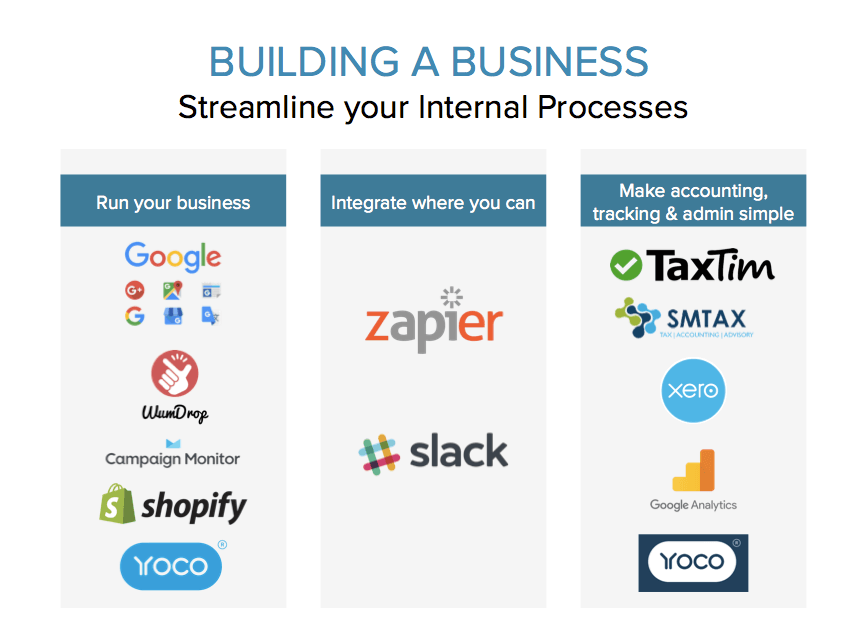
Things to keep in mind when selecting which tech to use:
- The tools you get should fit you, and not the other way around. Make sure the platforms you get fit into your daily routine and compliment the way you work. For example, if you live on the go and on your phone, then every tool you use should have a mobile app version, not just a desktop version.
- Trial and trial some more. Most tools come with a free trial. Make the most of these before you spend any money. Better yet – hunt for a free version.
- Check if they integrate with other platforms. This means you won’t spend your life trying to reconcile data and info. For example, Yoco’s Point of Sale system integrates with the online accounting platform, Xero, so all your cash-flow data is in one place.
- A great place to search for new tools is to check out Product Hunt.
Tamburai Chirume: Co-founder of ONEOFEACH
Tamburai built a company that sells the most beautiful and exclusive handbags around. She spoke about her growth journey and the three key things she learnt in the process.

- The way you treat your customers will determine how fast or slow you grow. A lot of ONEOFEACH’s growth has been a result of returning customers and word of mouth.
- Keep building your network and make use of supportive communities and organisations. For example, CCDI and Wesgro.
- Be prepared to train people. My mom is the designer and each bag we sell is uniquely designed. Now that we’re growing, it means we have to find ways to transfer her skills to others.
Adam Duxbury Co-founder of Granadilla
Adam has co-founded one of the brightest and funkiest swimwear brands for men. His company is currently looking to expand their product range. Here’s what he’s learnt on his journey.
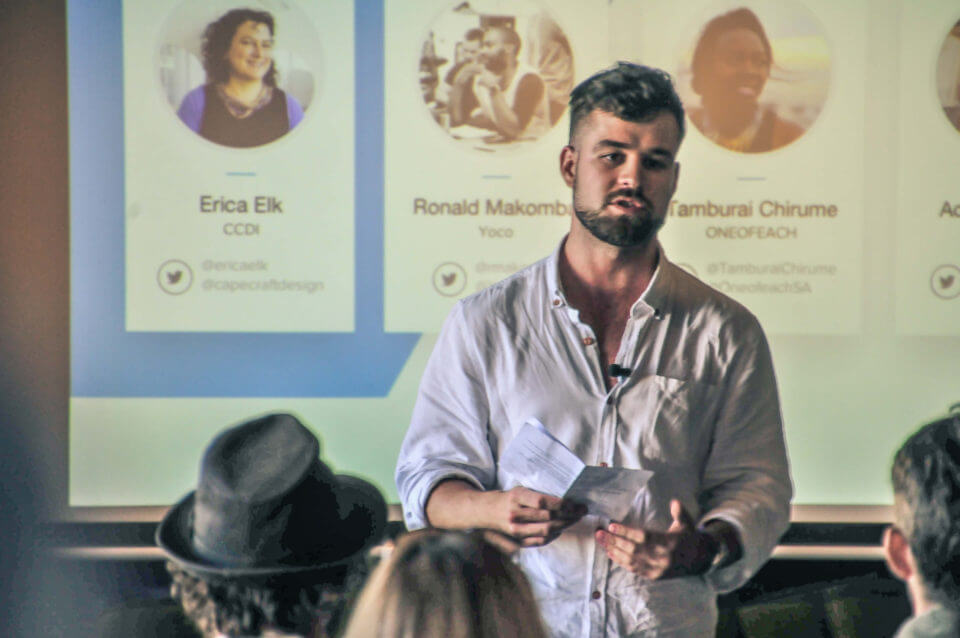
When expanding your product the key is to first ask yourself “what is at the centre of my brand DNA?"
We played around with a number of options when we were looking at this. Initially, we were stuck on the idea of bright prints. Our Muizenberg huts shorts were our best sellers, so we thought of taking that print and putting it on socks and tops which would help our sales during winter.
After toying with the idea for a while we realised our true brand essence and our bold prints actually symbolised summer. We decided we didn’t want to be just another apparel brand competing against Zara or H&M. We wanted to do something unique and special that had a clear message to the customer. With this focus, we’re going to expand into different ranges of swimwear like longer pants, kiddies and ladies ranges.
Our company motto is now “it’s always summer somewhere”. Going forward we’ll focus on which international markets we’d like to play in.
Panel Questions on business growth
After the introductions by the speakers, we had a short panel discussion that raised a number of interesting and difficult questions. Here are the highlights.
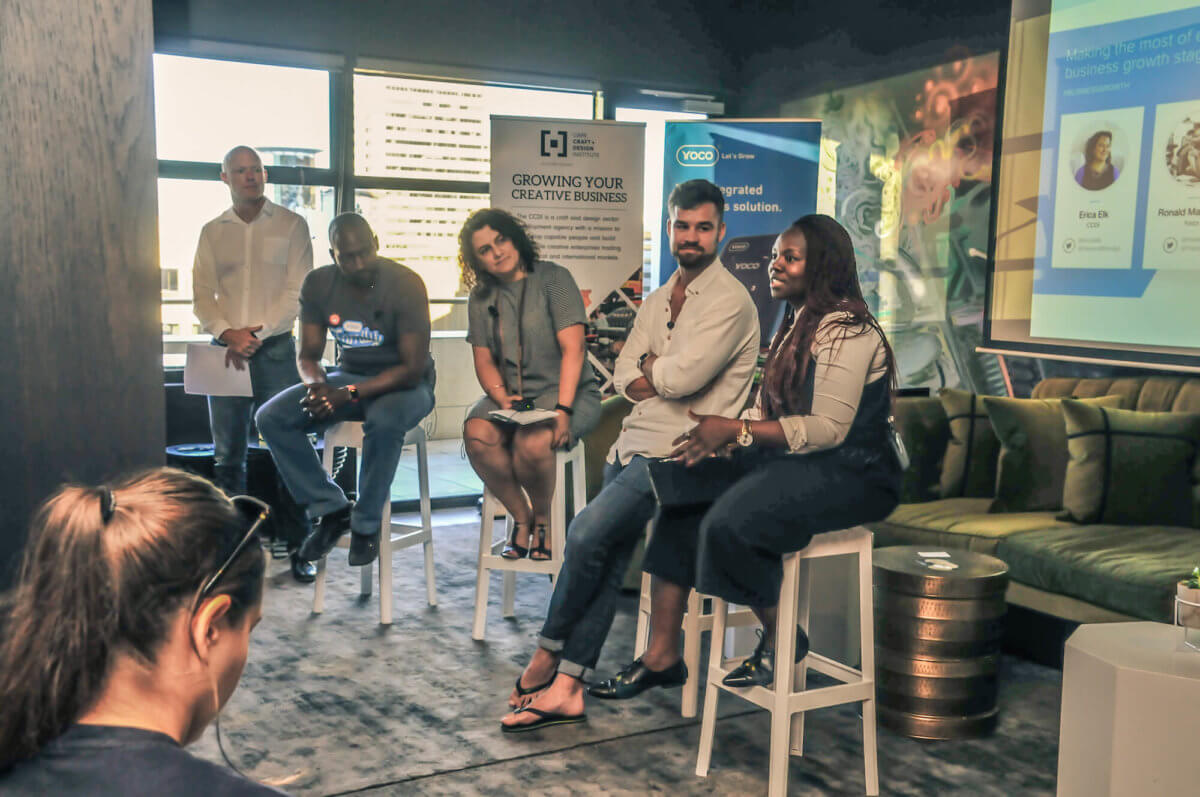
Q1: What do you think causes businesses to fail?
- Ronald: Basing your business plan or model on assumptions. Someone else’s story is not your story.
- Erica: Being too married to your product, in the sense that you can’t take in any feedback. You have to be willing to listen, engage and adapt.
- Tamburai: Not being able to let go. If you can’t let go, your team won’t be able to do their best work.
Q2: What is the one thing you believe would translate into more profits? What would you change if you could have a do-over?
- Adam: I wish I had set up something to get an annual financial perspective a lot earlier. Being a seasonal business, we’re balling in summer and struggle in winter. Once you get all your yearly figures on one page, you quickly see what’s costing you too much and what needs to change.
- Tamburai: We would have led with our story more. It took us by surprise how much people find our mother-daughter story compelling and want to feature us because of it. I think every business should try to find something unique and authentic about them and share it with the world.
Q3: People are critical to the success or failure of a business. How do you keep your team motivated and get the best out them?
- Erica: Everyone has potential and it’s up to the leader or manager to help people discover their potential and build on it. A lot of managers expect people to be good at everything, and what happens is they then end up focusing on what people are bad at. My management style is to rather say: “You do what you’re good at and what ignites your passion. I’ll find someone else to take care of what you’re not good at”. Finally, you need to also involve people in your strategy so they feel they have a role to play and are not just a cog in the wheel. They need to understand how they impact the bigger picture.
- Adam: We respect our employees’ personal time by giving our team an hour back each day. Our working hours are 9:30 to 16:30. This means they have an extra hour to go the gym or see their family. In return, it means when we do have a huge crunch and need extra hands or weekend help, our team is always willing to step up.
- Tamburai: Give people ownership. We tell the people that run our store in the Watershed that it’s actually their store. Because we’re not there, so it’s up to them to run the store as if they owned it and make decisions that they believe are right.
- Ronald: Spend some time with your team and understand who the people they really are. At Yoco we get everyone into one room twice a month and talk about what they’ve been doing and who’s been helping them.
In conclusion, when looking to start or grow your business it’s critical to do something you truly believe in. Build a team who is passionate and motivated about what you’re doing, find tools that work for you and look for community support.
